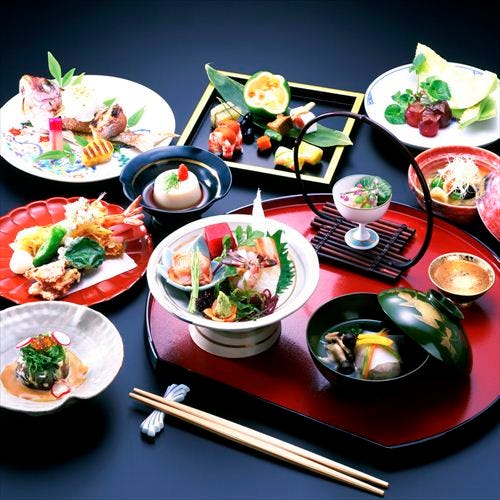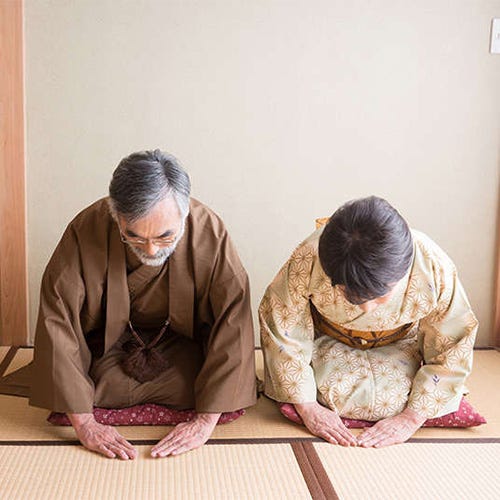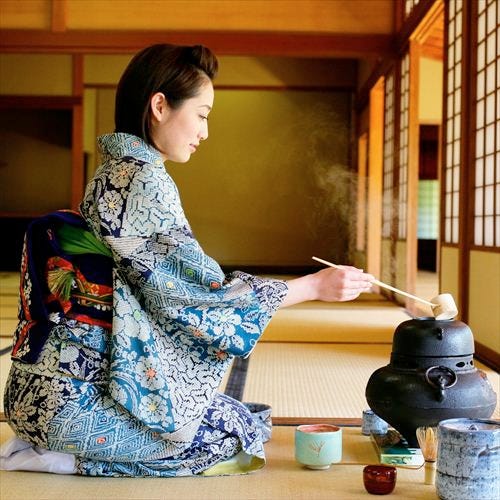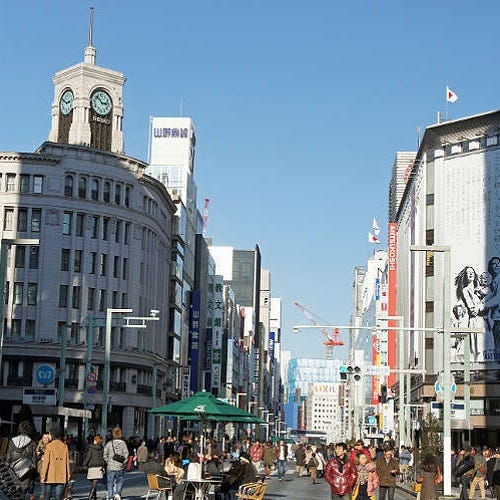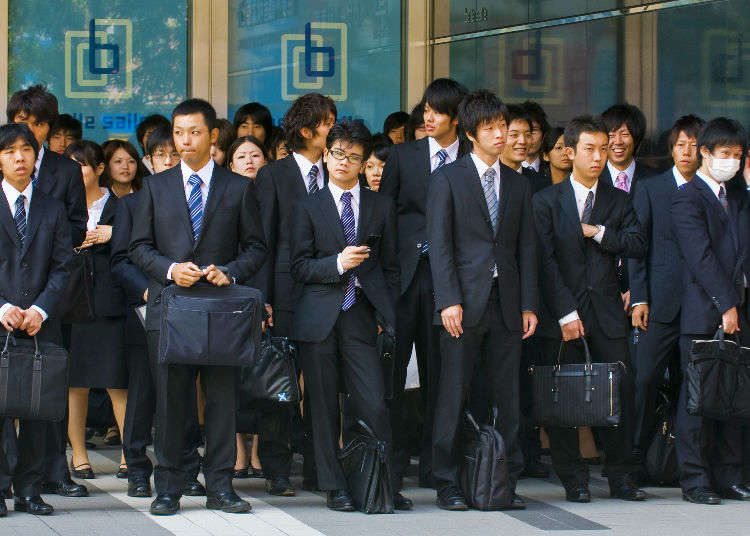
Job hunting isn’t easy, no matter which county you’re in. Japan, however, makes this endeavor a particularly difficult one with its “Job Hunting Rules for University Students.” Students from all around the world usually start looking for a job after or just before their graduation but Japanese students have to adapt to the so-called batch recruitment of Japanese companies, which means that they look to hire graduates only once a year, all at the same time. This means that many a Japanese student is forced to go job hunting while still in college.
It is the Japan Business Federation that sets the date that officially lifts the ban on recruitment and opens the job hunting season in Japan but recently, universities and their affiliates have started to resist this practice, stating that the students’ job hunting activities drag out too long and thus have a negative impact on their actual studies. In response to that, the schedule of this job hunting period has undergone frequent changes. As for the fiscal year of 2017, the company information sessions for college students in their 3rd year will start in March, while actual screenings are scheduled to begin in June. Students are then planned to graduate in March of the following year and join their companies in April. According to a survey by Mynavi, a job hunting site for students, the unofficial rate of graduation for 2017 is 77.5%.
For university students, this recruitment system means an almost impossible balance between job hunting and academic work.
Which Company to Join? A Job Hunt Popularity Ranking

Which companies are especially sought after by job hunting students? Let’s take a look at Mynavi’s 2017 Company Popularity Ranking.
Humanities:
1) JTB Group – Japan’s largest travel agency.
2) ANA – Japan’s largest airline.
3) H.I.S – a travel agency.
4) JAL – an airline.
5) The Bank of Tokyo-Mitsubishi UFJ – Japan’s largest bank.
Sciences:
1) Ajinomoto – a food and chemical corporation.
2) East Japan Railway Company – a railway company.
3) Shiseido – a multinational personal care company.
4) Toyota - a multinational automotive manufacturer.
5) Suntory - a brewing and distilling company group.
Clearly, the most popular companies that college students would like to work for are large ones, with thousands to tens of thousands of employees. As for social sciences, trading companies, insurance companies, television broadcasters, and advertising agencies were popular around 20 to 30 years ago but nowadays, this had clearly shifted towards travel agencies and airlines. As for sciences, the companies that lead the popularity ranking are those that have brought forth the hit products of this era. Ajinomoto, for example, has expanded globally in recent years and is known for its low turnover rate among employees.
Naturally, the job hunting competition for these popular companies is enormous. Thus, not only the popularity of a company is measured but such a business sometimes has a so-called employment deviation value, measuring how difficult it is to actually get employed.
By the way, according to a study by the Ministry of Health, Labour and Welfare from 2016 found that the average initial monthly salary for college graduates is 206,900 yen (~1,835 dollars) for large companies with over 1,000 employees, 201,100 yen (~1,784 dollars) for medium-sized companies with between 100 and 999 employees, and 199,100 yen (~1,766 dollars) for small companies with under 100 employees.
Job Hunting in Japan: Important Keywords
Job hunting in Japan is a system full of all sorts of rules and mechanisms – all of which are involve potential bothers and problems for college students looking for employment.

The “Recruit Suit” is a special set of standardized formal clothing that is worn by college students who are looking for employment, sold at specialty and department stores. Men generally match a white shirt to a black or navy suit, while women dress in a knee-long straight skirt and plain leather shoes with a heel of 3 to 5 centimeters.
Men’s hair is neat and short, women’s hair is kept naturally black and usually tied back, with a natural makeup to go with the style. The reason for such a unified style? Other than a neat and clean appearance, the Recruit Suit is also supposed to invoke an image of “strengthening cooperativeness by wearing the same kind of fashion as everybody else.”

An “Entry Sheet” is an application form that college students send to the company they want to work for, their curriculum vitae and self-promotional writing attached.
In contrast to universities, Japanese companies are said to rather evaluate the applicants by “their potential rather than their major or grades.” Companies do not expect a fully trained professional to immediately strengthen their work force but rather to train and shape a promising young person, or to “dye them in the company’s color.” As such, questions like “what kind of personality or character has the applicant?” and “will they work well with the other employees?” are the most important ones.
The Entry Sheet is the first step to take for a student to make themselves attractive to a company. However, throughout school and university, the young job hunters who have always been taught how important it is to follow the crowd and emphasize conformity are now suddenly confronted with the exact opposite: promote yourself! Of course they feel rather lost, which is why most students self-analyze their personality and career with the help of job hunting guidebooks. This usually leads them to come up with three key points: strength of character, a passion for the job, and future prospects. During the actual job interview, their answers will also usually be in line with what has been said in their guidebooks.
Since a company interviews not only one student but many, however, those standard answers and sentences are easily caught – and they are noticed. If you quote a guidebook and cannot properly represent yourself in your own words, the road to a job is a terribly long one.
On top of that, students’ job hunting has its very own language. Spread by the internet, various terms and phrases used by job-seeking college students have made their way into daily life Japanese. Let’s take a look at some:

Sometimes, interviewers of a company purposefully ask critical and negative questions that are particularly hard to answer. This often consists of casual remarks such as “That’s a rather ordinary profile” in response to a student’s self-promotional talk, or irritating questions like “Did you properly study at university?” while looking over their grades.
This isn’t just mean-spirited interviewers, but these questions actually serve the purpose to push the students out of their comfort zone and get them to speak from their real self as opposed to memorized lines from guidebooks, as well as to see how well a student can handle and adapt to an unexpected situation. Calm, cool-headed responses are expected in these kind of situations.

So-called Flags of Success are rumors among students and describe a situation in which one feels like they absolutely nailed the interview, going hand in hand with that certain feeling of wanting to raise your fist in joy, celebrating a personal success. An interview that was pleasant and lasted until the very last minute of the scheduled time, a student’s question that was answered in great detail and with a lot of company-related information, a hint about one’s role and work after possibly joining the company, the appearance of someone in charge of a certain department – these kind of things are all Flags of Success.
To pass the nerve-wrecking time between a job interview and its results, people often ask each other questions about these flags on internet forums and more: “Hey, what kind of Flags of Success did you feel you had at Company X?”

Even though one has tried so hard, in the end, the company sends a rejection via mail – this very email is called a Prayer Mail. This is because every such email is closed with a sentence like “We wish you all the best for your future endeavors,” but what doesn’t sound religious at all in English is actually written with the character for “to pray” in Japanese. It’s not an actual prayer, however, but simply a very polite way to say “wish,” as in “wish you good luck.”
It is common to receive such a mail, as companies naturally see the rejected students as future clients and customers, so they will try to let people down as gently as possible. If you receive such a prayer mail over and over again, however, no amount of gentleness will keep you from getting frustrated…
Will Japan’s Stressful Job Hunt Change…?

Even after having managed to get a job in this stressful environment, a 2008 study by the Ministry of Health, Labor and Welfare states that around 30% of university graduates quit their first job within three years. The most-cited reasons for this are low salary or bad relations with one’s coworkers, but also work-related reasons such as a dissatisfaction with one’s work and not feeling valued for one’s work. A lot of people also quit their job because they don’t feel like the company fits them.
A theory for this result: college students are confronted with the stressful job hunt without having a concrete plan about their occupation. One response to this entire situation has been a recent program called “Career Education,” to be implemented into one’s learning as early as elementary or middle school.
As for the specific recruitment of university graduates, however, another conflict is starting to brew that needs to be taken into account: as the number of non-Japanese people increases, so will the competition on the job market. How will the Japanese graduates fare against international graduates, and how will Japanese companies and the job hunting system as a whole react to a global work force?
*Prices and options mentioned are subject to change.
*Unless stated otherwise, all prices include tax.
Limited time offer: 10% discount coupons available now!
Recommended places for you
-
Appealing

Rukku and Uohei
Izakaya
Sapporo / Chitose
-

Jukuseiniku-to Namamottsuarera Nikubaru Italian Nikutaria Sannomiya
Izakaya
Kobe, Sannomiya, Kitano
-

Hirosaki Park
Parks
Aomori, Hirosaki And Hachinohe
-

Kamesushi Sohonten
Sushi
Umeda, Osaka Station, Kitashinchi
-
Goods

Yoshida Gennojo-Roho Kyoto Buddhist Altars
Gift Shops
Nijo Castle, Kyoto Imperial Palace
-
Menu

ISHIDAYA Hanare
Yakiniku
Kobe, Sannomiya, Kitano
-

The CASIO S100: How CASIO's Masterpiece Calculator Redefines Business Elegance With Japan-Made Reliability
-
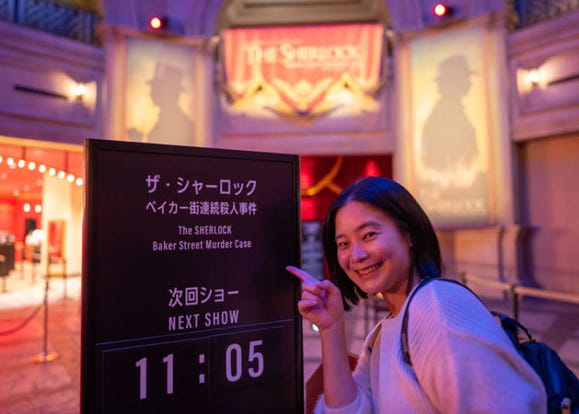
Step Into the Story: Inside Immersive Fort Tokyo
-

15 Must-Try Sushi Restaurants in Tokyo (+5 Trending Areas to Explore for Foodies)
-
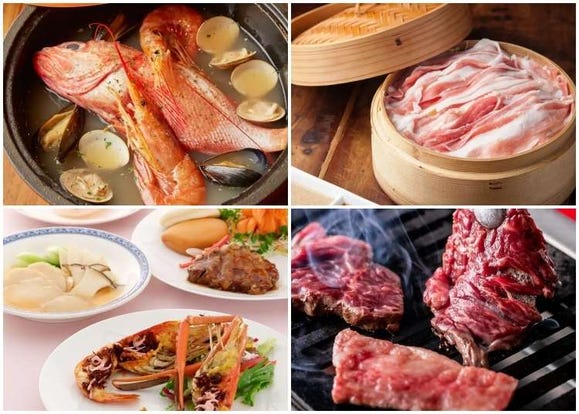
Where to Eat in Yokohama: 10 Must-Try Restaurants for Yakiniku, Izakayas, Unique Dining & More
-

Discover Osaka Station City: A Journey Through Its Most Fascinating Spots
-

Where to Eat in Shibuya: 14 Must-Try Restaurants for Yakiniku, Sushi, Izakayas, Cafes and More
-

Matsuya Ginza Restaurants: Our 3 Top Picks for Sushi, Unagi, and Tempura!
-

More Than a Tokyo Crosswalk: 10 Secrets of Japan’s “Scramble” Crossing!
-

3 Best Hotels in Kobe, Japan with Amazing Views of Kobe Bay!
-
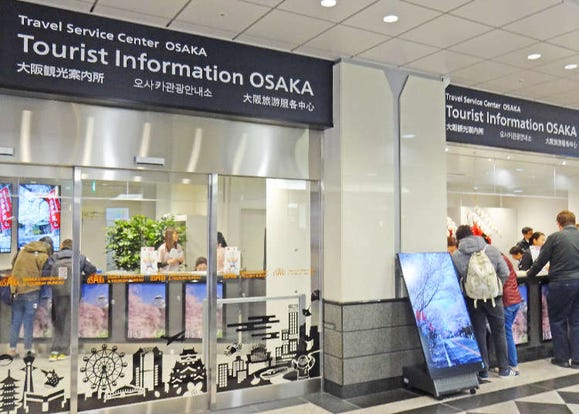
Osaka Travel Service Center: So Many Incredibly Convenient Services - in English!
-

Why Osaka Tennoji Zoo is So Popular with Foreign Tourists (Guide & Highlights)
-

3 Hotels & Onsen Ryokan in Nara: Enjoy an Elegant Japan Vibe With Views of Fall Colors From Your Room
- #best sushi japan
- #what to do in odaiba
- #what to bring to japan
- #new years in tokyo
- #best ramen japan
- #what to buy in ameyoko
- #japanese nail trends
- #things to do japan
- #onsen tattoo friendly tokyo
- #daiso
- #best coffee japan
- #best japanese soft drinks
- #best yakiniku japan
- #japanese fashion culture
- #japanese convenience store snacks
